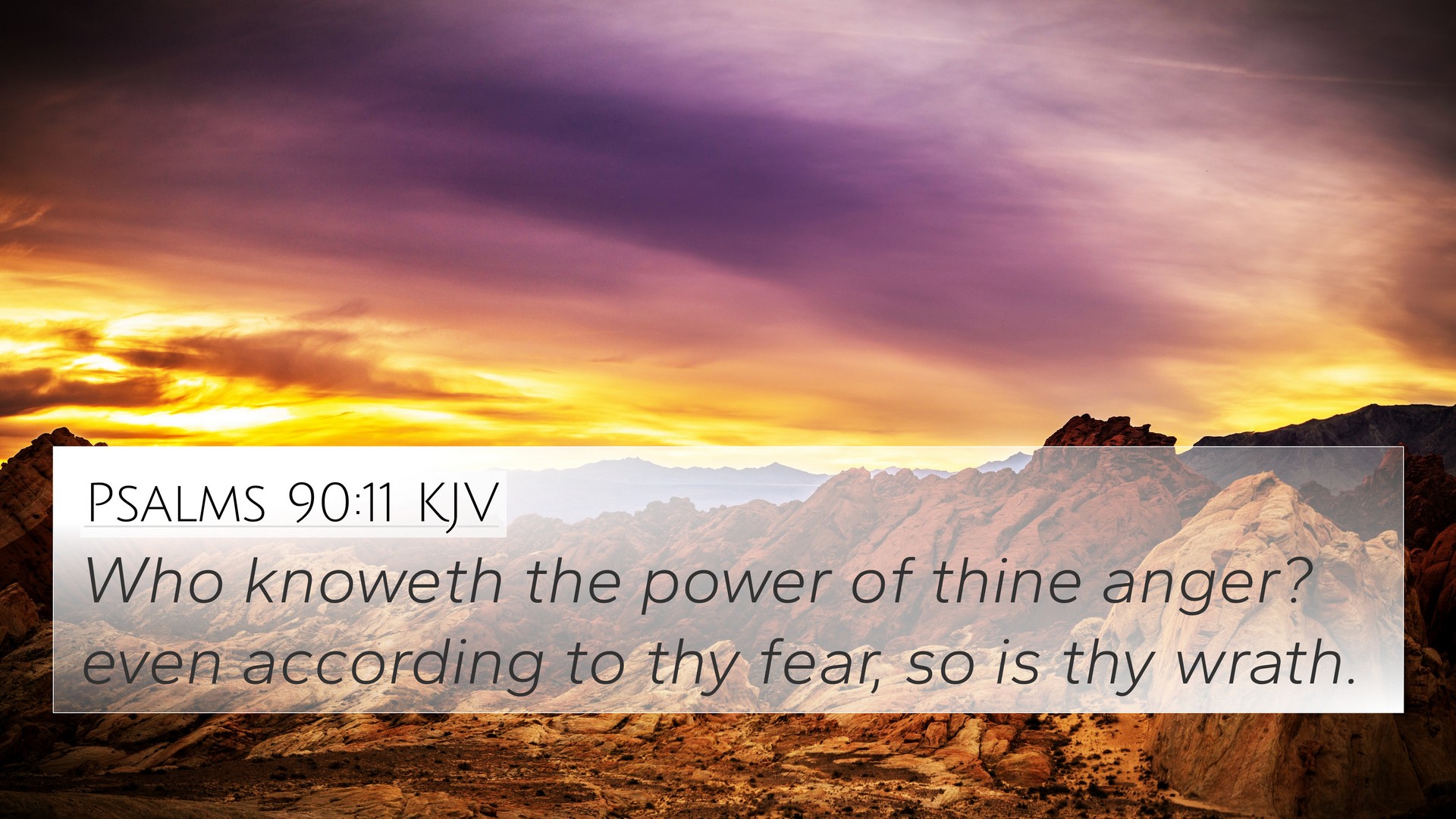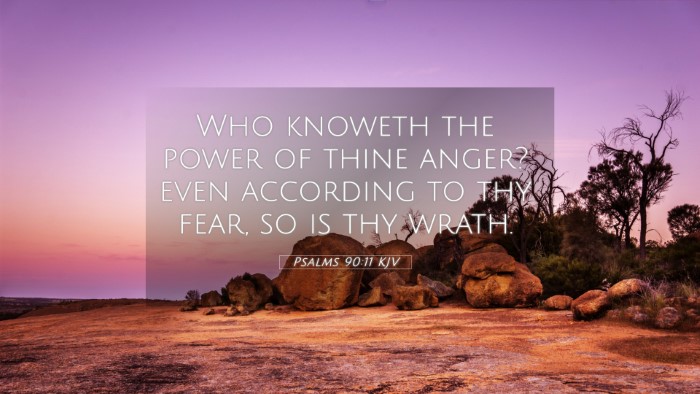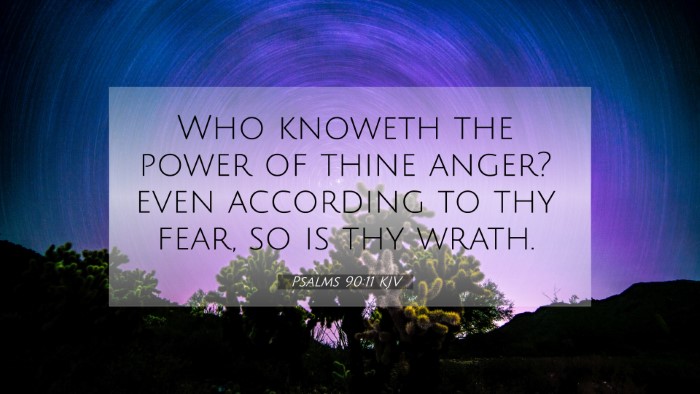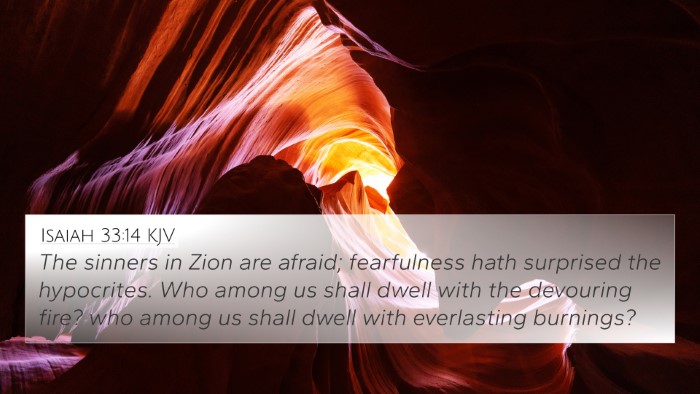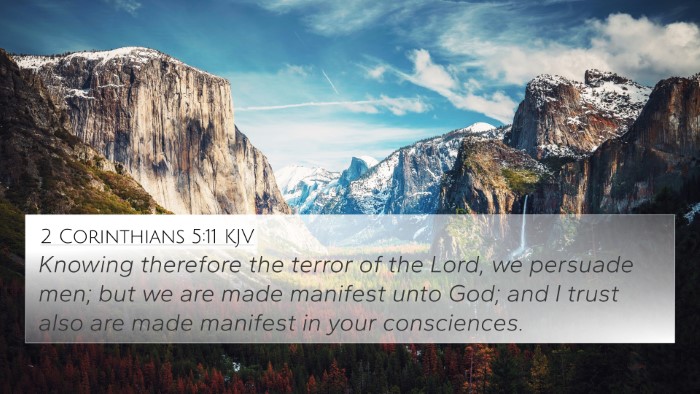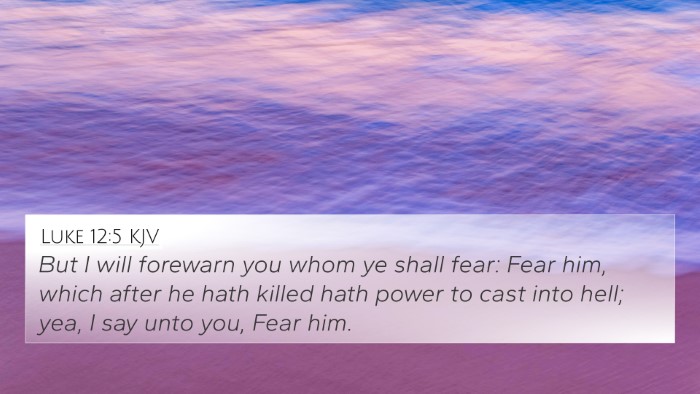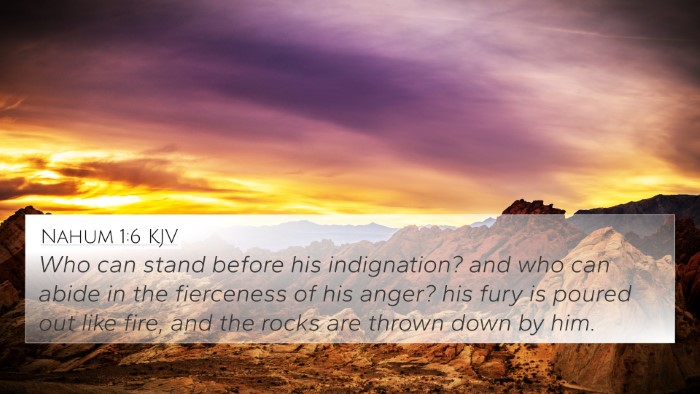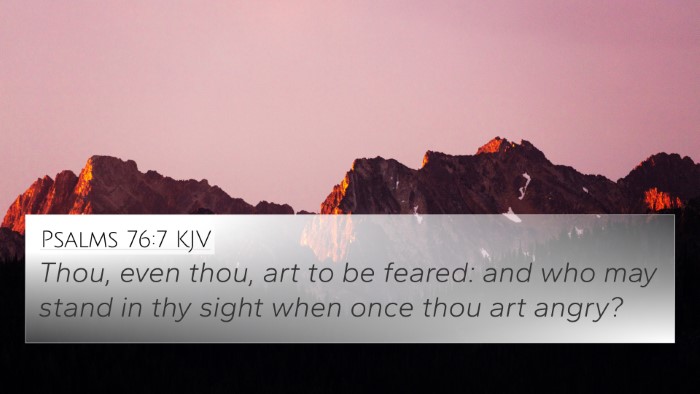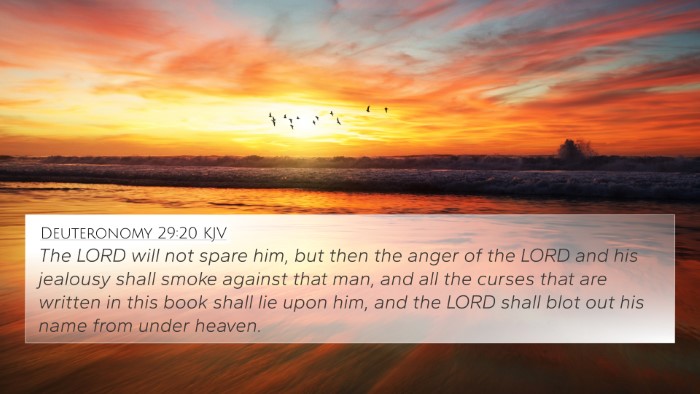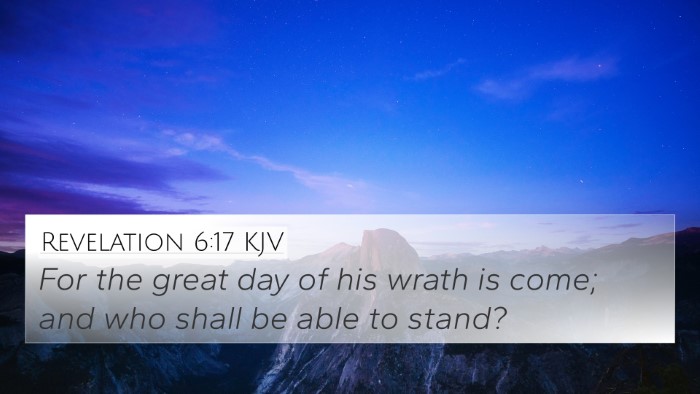Psalms 90:11 - Meaning and Interpretation
Bible Verse: "Who knows the power of your anger? For as the fear of you, so is your wrath." (Psalms 90:11)
This verse reflects a profound recognition of God's authority and the seriousness of His wrath. The psalmist articulates a deep theological insight: God's anger, much like His love, is tied to our understanding of His nature. Psalm 90, attributed to Moses, is a meditation on the brevity of life and the eternal nature of God, setting the stage for this contemplation of divine anger.
Key Themes and Insights
- The Nature of God: Recognizes God as both loving and just, with His anger not arbitrary but appropriate to the sinfulness of humanity.
- The Fear of God: Emphasizes the importance of reverential fear in our relationship with God, implying that this fear is the correct response to His divine nature.
- Humanity's Awareness: Questions our understanding of divine wrath and our acknowledgment of its seriousness in the context of human life.
Commentary Insights
Matthew Henry: Henry emphasizes that a proper understanding of God's anger leads to a deeper respect for His commandments. He notes that knowing the fear of God helps believers to walk in His statutes and live righteously.
Albert Barnes: Barnes focuses on the practical implications of recognizing God's anger. He suggests that an awareness of divine wrath should lead individuals to repentance and a life aligned with God's will. The verse serves as a warning against complacency in spiritual matters.
Adam Clarke: Clarke addresses this verse by discussing the concept of duration versus eternity, pointing out that human anger is fleeting compared to the eternal nature of God's wrath. He suggests that understanding the gravity of divine judgement can guide one's actions and decisions in life.
Cross References
To enrich understanding and provide a comparative analysis of related themes, consider the following Bible verse cross-references:
- Psalm 9:16: "The LORD is known by his acts of justice; the wicked are ensnared by the work of their hands."
- Psalm 103:9: "He will not always accuse, nor will he harbor his anger forever."
- Romans 1:18: "The wrath of God is being revealed from heaven against all the godlessness and wickedness of people."
- Hebrews 10:31: "It is a dreadful thing to fall into the hands of the living God."
- Proverbs 1:7: "The fear of the LORD is the beginning of knowledge, but fools despise wisdom and instruction."
- Lamentations 3:22-23: "The steadfast love of the LORD never ceases; his mercies never come to an end."
- John 3:36: "Whoever believes in the Son has eternal life, but whoever rejects the Son will not see life, for God’s wrath remains on them."
Connections between Bible Verses
This verse invites believers to consider the overarching themes of God's nature throughout scripture. The connections between Bible verses such as Romans 2:5, which talks about storing up wrath against the day of wrath, and James 1:20, wherein it states that the wrath of man does not produce the righteousness of God, demonstrate a rich dialogue on divine judgement.
Understanding these thematic Bible verse connections enriches one's study and contemplation of scripture. It highlights the importance of recognizing God’s nature through inter-Biblical dialogue to appreciate both His justice and His mercy.
Tools for Bible Cross-Referencing
To facilitate a deeper study of Psalm 90:11 and its connections with other scriptures, consider utilizing the following tools:
- Bible Concordance: A useful tool for finding related verses and thematic connections within scripture.
- Bible Cross-Reference Guide: Guides that provide curated lists of related verses for deeper study.
- Cross-Reference Bible Study: Engaging in systematic study to identify and explore connections between scriptures.
- Comprehensive Bible Cross-Reference Materials: Resources that allow for extensive cross-referencing across various biblical texts.
Conclusion
Psalms 90:11 serves as a poignant reminder of the nature of God, providing significant insights into the relationship between His anger and our fear of Him. By engaging with this verse and its associated cross-references, we grow in understanding and deepen our relationship with the divine.
